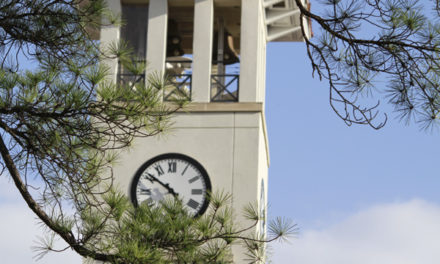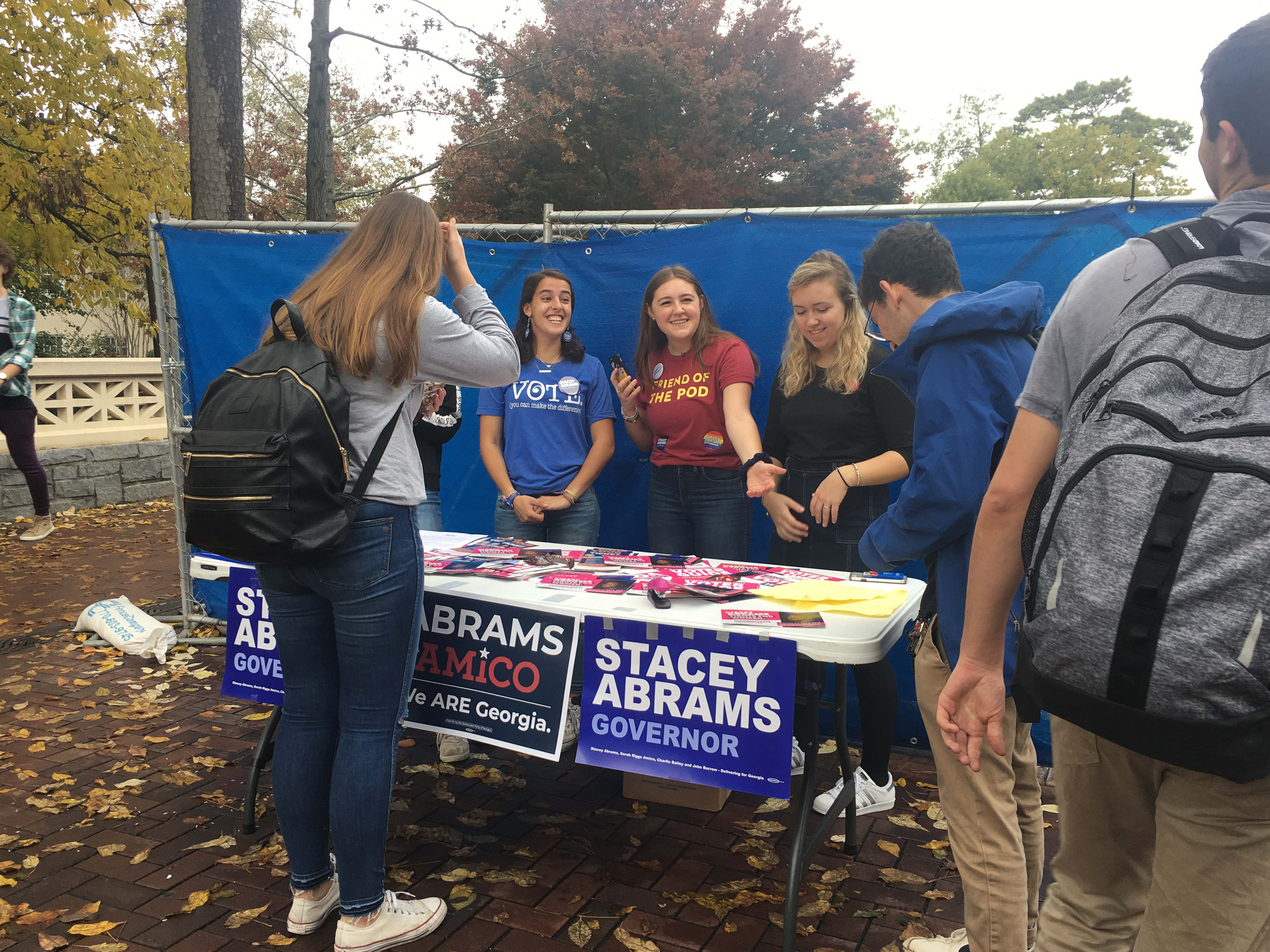The Student Government Association (SGA) voted to fund Trivia Night and Dooley’s Ball, both of which are events for Dooley’s Week, on Monday evening.
The Student Programming Council (SPC), the group that requested the funds, will host Dooley’s Week from April 1 to April 6. SPC asked for $3,435 for Trivia Night and $2,500 for Dooley’s Ball.
Dooley’s Week Co-Chair and College junior Graham Brooks responded by addressing safety concerns for Dooley’s Ball.
A large portion of the extra cost for this year’s Dooley’s Ball is for risk reduction, which includes extra shuttles that night.
Many graduate representatives of SGA raised concerns that Dooley’s Ball is not an event that appeals to graduate students, and therefore it would be unfair for graduate money to be allocated to the event.
Campus Services Committee Chair and College senior Aaron Leven supported the bill, noting that undergraduates represent a majority of Emory students, and SGA-funded events do not have to equally appeal to all students.
“This is a no-brainer,” he said.
Other legislators brought up the fact that graduate students make up the majority of Trivia Night attendees, and SPC was asking for more money for Trivia Night.
SGA voted 23-1 to fund the events for Dooley’s Week.
SGA additionally voted to give $2,600 to the Public Health Ethics Club for their annual Global Health Life Raft Debate, where students will argue as if they are addressing a hypothetical, post-apocalyptic public health crisis.
Students and faculty who attend the event on March 28 in Rollins Auditorium will vote on who they believe will most effectively deal with the crisis.
The event includes students from all graduate divisions and is open to the entire student body.
Last year’s debate attracted 100 students, with an expected 300 to attend this year, according to the bill.
At first, the Public Health Ethics Club requested $2,600, and the SGA Finance Committee recommended $1,300, suggesting that they opt out of acquiring food from Emory food services because those services are more expensive, according to Finance Committee Vice President and College junior Calvin Lee.
The SGA voted to amend the bill to include the full $2,600.
Finally, SGA decided to vote on the two installments of $1,300 separately. The first $1,300 passed unanimously; the second passed on an 11-8-5 decision.
Some legislators wanted to vote on a bill that would introduce a referendum into next Thursday’s election ballot concerning University President James W. Wagner. The referendum would allow students to express whether or not they had confidence in the President. The motion to move the bill to this week’s agenda failed to draw a simple majority, so it will remain on next week’s agenda.
Some members of the campus organization #EmoryCuts were present at the meeting in case the bill was heard.
Next, SGA discussed setting up a voluntary fund for the early childhood education of the children of Emory students.
They unanimously passed a resolution that showed their support for this initiative and then a bill to form an ad-hoc committee to oversee allocated funds.
According to Graduate Student Council President and bill author Carl Rankin, 45 of the country’s top 50 schools have similar funds, and Emory’s lack of such a fund means it is losing some of the best graduate recruits.
He also stated that this fund would help recruit and retain women with low incomes.
Members of the Governance Committee supported the bill during the meeting.
Some legislators were concerned that the bill would only be geared toward graduate students with dependents.
“Most of my classmates are undergraduates with children and families,” Danielle Zamarelli, Nursing School senior and SGA Vice President said.
Bill authors responded by saying the fund would be open to any Emory student below a certain income level with childcare needs.
Next week, SGA will vote on whether they will provide $5,000 to start off the fund.
–By Rupsha Basu
The Emory Wheel was founded in 1919 and is currently the only independent, student-run newspaper of Emory University. The Wheel publishes weekly on Wednesdays during the academic year, except during University holidays and scheduled publication intermissions.
The Wheel is financially and editorially independent from the University. All of its content is generated by the Wheel’s more than 100 student staff members and contributing writers, and its printing costs are covered by profits from self-generated advertising sales.




